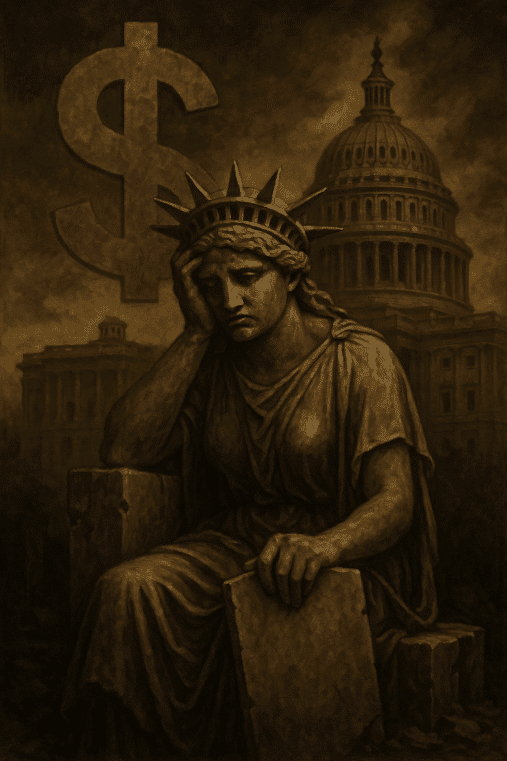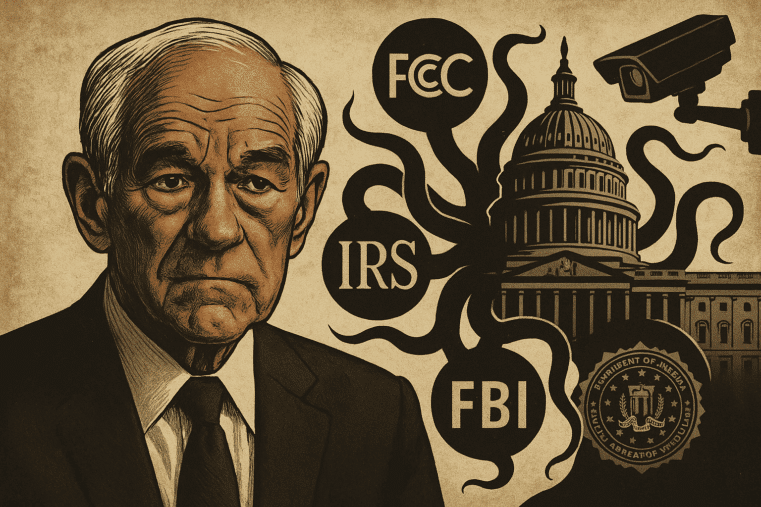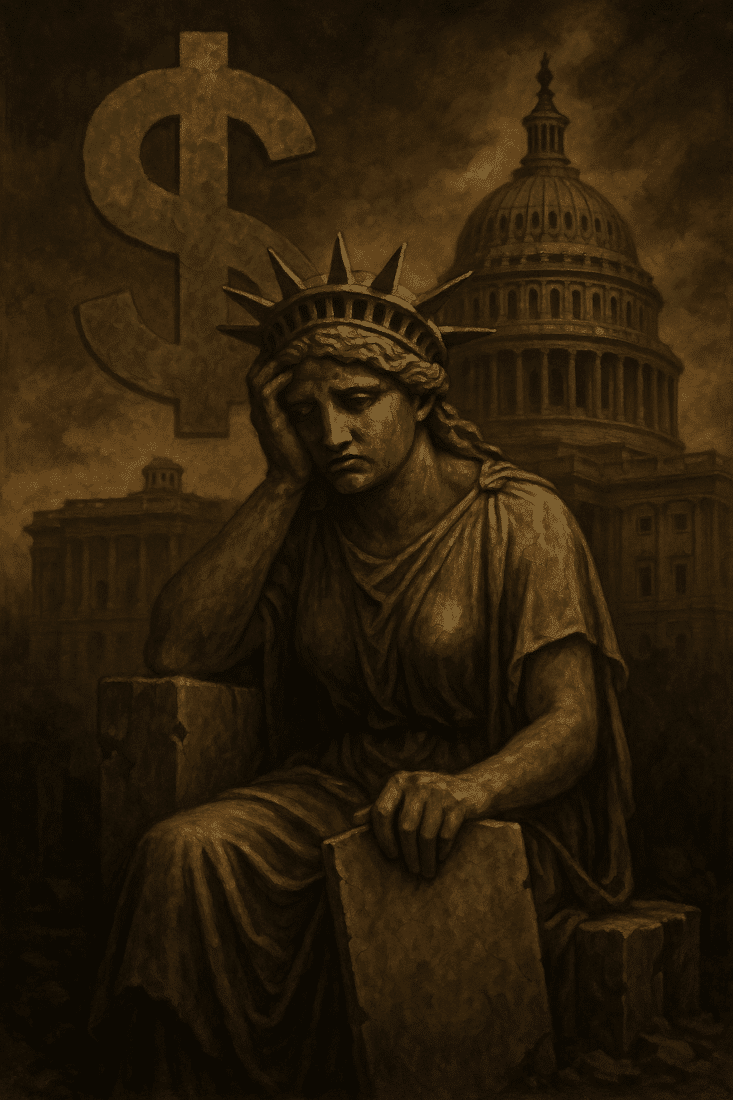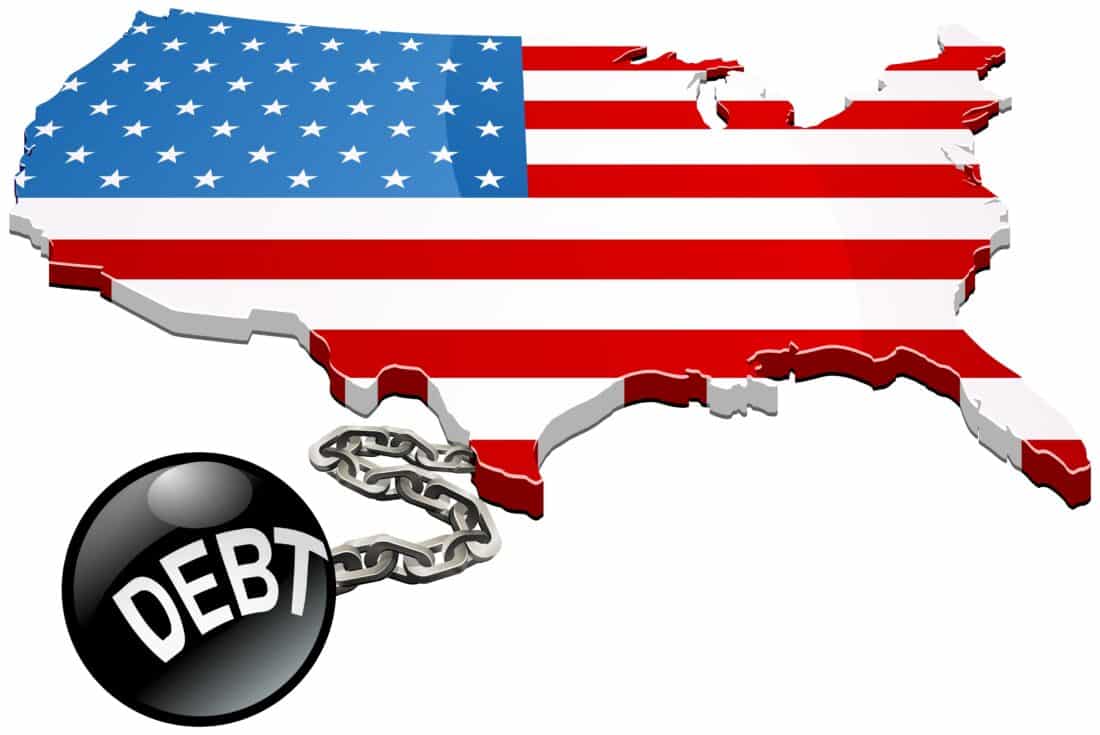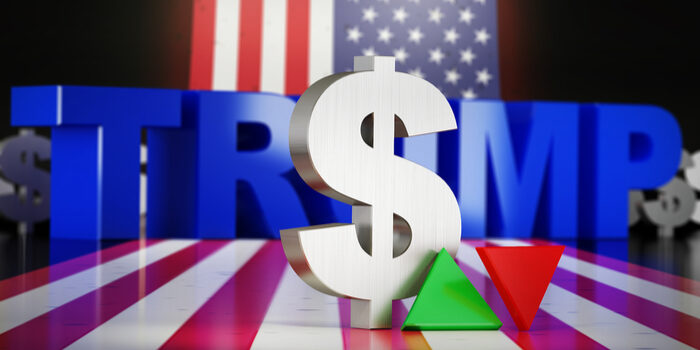
President Trump Declares Currency War!
The world of international currency is a floating battlefield, and maneuvers taking place, however significant they may be, don’t always surface above the strata of public consciousness.
Recently, these skirmishes have been at the public foreground of geopolitical focus. The American public is well aware, as it has been for years now, that China has been weakening the Yuan in order to boost their exports at the expense of ours.
A similar thing is happening in Europe with their manipulation of the Euro.
As part of President Trump’s “America First” promise, he’s decided that now’s the time to put the US in more advantageous footing. He virtually declared a currency war.
Perhaps now it’s time for the US to give the rest of the world a taste of its own medicine, by cheapening the dollar in addition to the current tariffs (or threats of increased tariffs).
A 25% tariff on Chinese goods or a 25% tariff on German cars (which he’s threatened to levy) is one way to cut America’s trade deficit and increase US Treasury revenue.
But a trading partner can counter these moves by weakening their own domestic currency.
For instance, a 25% tariff on, say, a $500 smartphone from China will raise its price to around $625. But if China devalues their currency by around 20% against the dollar, China’s cost for producing the phone won’t be any different, but their phone will now be worth around $400.
Slap the US tariff on the “new” price, and the phone costs around $525 in the US, similar to where it was before the tariff. That’s currency manipulation. It’s also a way of getting around the tariff.
But as soon as one country devalues its currency to get the upper hand on a trading partner, then there’s nothing to stop that partner from devaluing its own currency even more to reset the imbalance.
It’s a devolving spiral, a race to the bottom under which there can only be no real economic winners, just more escalation until a much larger trade war ensues. This is what has been going on over the last decade.
But the end of a trade war, if not resolved favorably for both parties, has historically ended in a larger-scale military conflict, as what had happened in the years leading up to World War II. Let’s hope this does not happen.
The Fed plays a critical role in all of this due to its capacity to strengthen or weaken the dollar.
Come July 31, there is virtually zero chance that the Fed will hike rates. It will keep rates steady, or it will cut them. The market is wagering on a rate cut.
Should the Fed proceed with rate cuts as the market expects, it will be interesting to see how central banks across the globe will react.
The Fed’s monetary policy over the last decade has been quite straightforward: gradually raise rates by a quarter percent increments until rates normalize at around 4%. This level gives the Fed room enough to cut should we enter a recession.
If job creation slows down, or if the markets begin showing signs of disorder, or if indications of deflation (originating from disinflation) begin to surface, then the Fed puts a halt on rate hikes. This is what happened toward the end of 2018, as markets corrected, nearly entering a bear market.
But today, the job market is relatively strong, markets are hitting record highs, and disinflation is light. But there’s also concern of actually causing a recession.
Currently, the Fed is concerned that if they don’t slash rates, a recession may befall the US economy. On the other hand, if they do cut rates, this may result in higher inflation, as labor markets are tight and tariffs continue to exert upward pressure on prices.
Should that occur, gold and silver prices may rise significantly as a counter-response to rising inflation and a weakening dollar.



